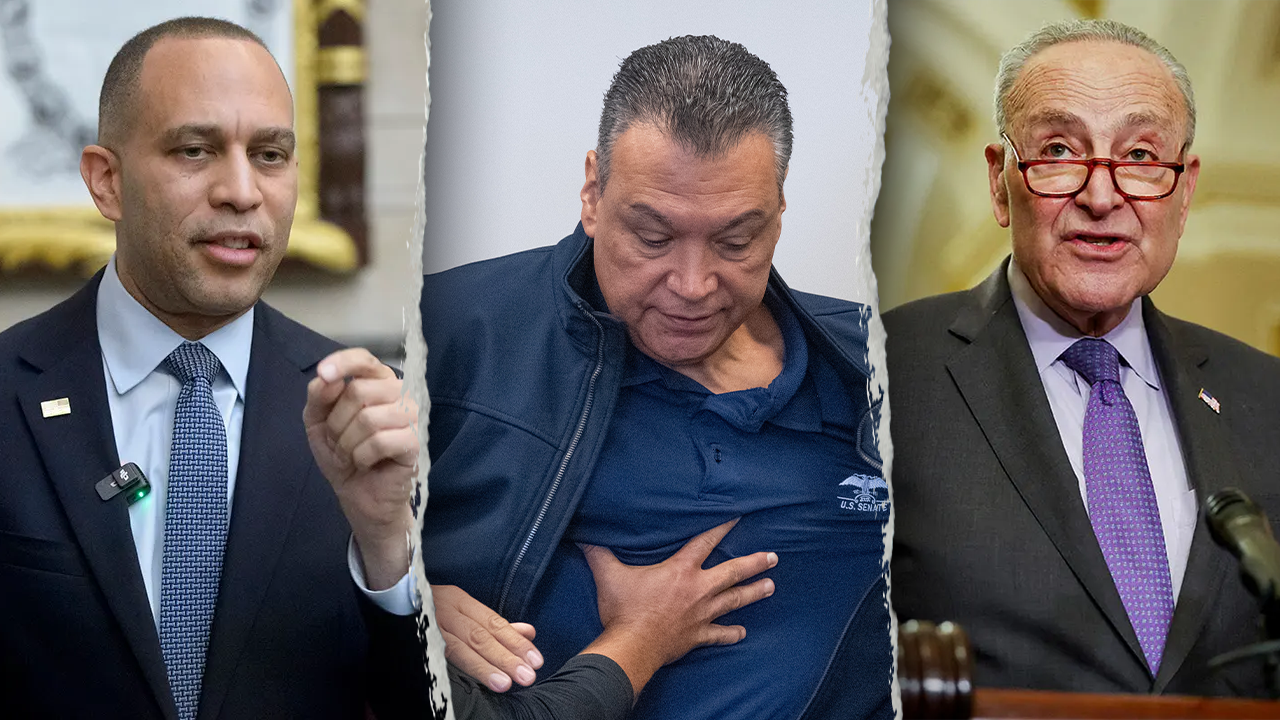Trump budget bill vote delayed amid House Republicans division on spending

House Republicans have hit a roadblock in their efforts to advance a massive conservative policy bill, as a key vote has been delayed. The House Budget Committee had initially planned to approve the legislation this week, but according to a source familiar with the planning, that is no longer the case.
Conservatives on the panel have rejected multiple offers from House GOP leaders on where to set a baseline for cutting federal spending. They are urging senior Republicans to seek deeper cuts before moving forward with negotiations with the Senate. Representative Ralph Norman, who sits on the House Budget Committee, expressed concerns about setting the baseline too low, fearing that it would limit the potential for achieving significant cuts.
The House Freedom Caucus, which is made up of ultra-conservative members, holds significant influence on the committee. With just a razor-thin majority in the House, Republicans can only afford dissent from a few members to pass legislation along party lines. This poses a significant challenge as the GOP seeks to pass a sweeping conservative policy overhaul through the budget reconciliation process.
The budget reconciliation process allows the party in power to advance its agenda by lowering the threshold for Senate passage from 60 votes to 51. This maneuver enables Republicans to bypass opposition and push through their policy goals related to budgetary and fiscal matters. However, conservatives are adamant that any reconciliation bill must include drastic cuts in federal spending to reduce the national deficit.
House Speaker Mike Johnson has emphasized that spending cuts would serve as a “floor” rather than a “ceiling” in the reconciliation process. Republican leaders initially proposed a $300 billion floor for cuts paired with $325 billion in new defense and border spending. However, conservatives rejected this offer and pushed for deeper cuts, with Representative Norman advocating for a floor set at $2 trillion or $3 trillion.
Despite the challenges, Representative Ben Cline, another Freedom Caucus member on the budget panel, expressed optimism about reaching a deal. He highlighted the importance of starting the process from the most conservative position possible to ensure fiscal responsibility. Speaker Johnson aims to advance the bill through committee this week with the goal of passing an initial House version by the end of February.
In conclusion, House Republicans face an uphill battle as they navigate the complexities of the reconciliation process and strive to enact President Trump’s agenda. The delay in the key vote underscores the challenges of balancing competing priorities within the party. With negotiations ongoing, the path forward remains uncertain, but conservatives are standing firm on their demands for significant spending cuts in any reconciliation bill.




